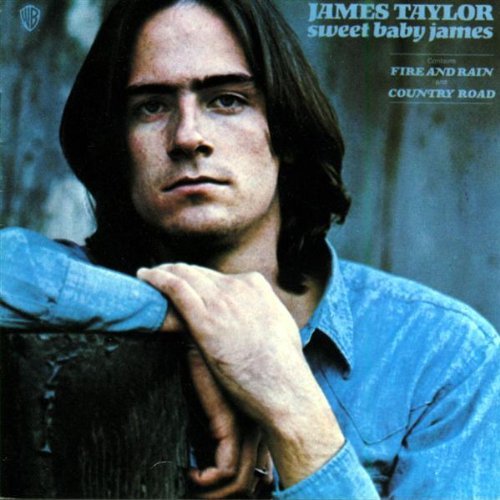Actually, interestingly enough, I think our views are converging. I DON'T think prices are keeping people
away from the hobby.
It is a LACK OF INTEREST and the reason interest has not expanded is MUSICAL IN-CURIOSITY among current audiophiles.
which make it impossible for them to ever possibly mentor the uninitiated.
IF there is an interest in a household, then the inexpensive, high quality system is important because it gets them in the door.
You mentioned something about China in connection to entry level gear...which I really don't know how that ties in...
People buy $2000 Mac Book Pros made in China as well as $2000 TVs without blinking. Non factor IMO.
Andre you are spot on with it being a lack of interest but I would say it is specific to trend in society/habits; to the average consumer (talking about comparable to those consumers that would buy audio equipment in past) music is the interest but not the tools used to play it due to changes in society habits; mobility, ease of use and access to music, and critically how most listen to music these days in terms of listening focus.
They may care about quality of sound when it has been shown to them, but that quality of sound has to be brought into the above major criteria; hence why it is great to see some of the high ends making small/mobile use and competitively prices DACs to go with headsets and other components, high quality small speakers such as from KEF and a few others (although not mobile gives will pick the interest of those consumers), and of course products such as headphones.
We need to accept what is niche is how we "audiophiles"/hobbyists listen to music, it goes against the general trend of music consumers (including those with wealth); even traditional floorstander sized quality speakers IMO will become more niche as well along with the rest of traditional audio components, but there will still be enough interest for this to survive.
Look how much consumers (those that also buy and listen to music but do not buy traditional audio equipment) probably spend when considering their smartphone, a tablet/laptop/or both, headphone,small dac, next gen games console, moderately good flat screen TV, small separate speakers for TV/laptop/both,etc.
Consumers do have the cash to buy a good priced system, but as Andre says there just is no interest.
Now how the recent increase in LP interest may change this we will have to see, although what we are probably seeing are those that would be the next generation niche "audiophile"/hobbyist and willing to listen to music in a more traditional (and probably with a stronger focus-discipline listening approach such existing traditional listeners) but less flexible way.
The last comment in brackets is a bit too vague as I am sure there are those who use headphones or mobility and also are very intent on their listening focus/discipline.
So the trend will not change, just that the high end will need to appreciate the baseline figures will stabilise at a certain lower threshold (if lucky finally reached that point this year) for traditional hifi equipment, and so they may need to evolve to capture those others with a more "lifestyle"/desirable/etc product if intending to expand.
I would say we have seen more recently how some of the high end manufacturers have adapted to the change in habits, while others will look to try and gain/sustain current level of the niche base traditional audio consumer footprint.
Just my take anyway.
Cheers
Orb








